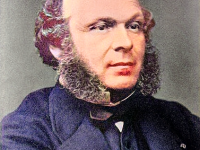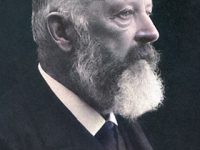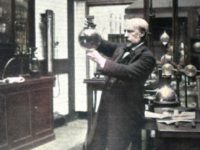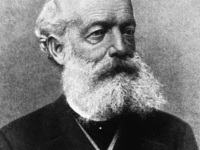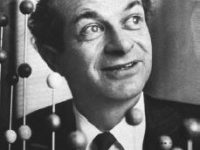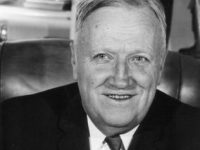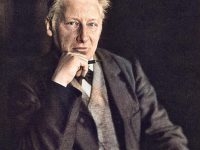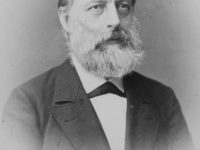Charles-Adolphe Wurtz and the Atomic Theory
On November 26, 1817, Alsatian French chemist and educator Charles-Adolphe Wurtz was born. Wurtz is best remembered for his decades-long advocacy for the atomic theory and for ideas about the structures of chemical compounds, against the skeptical opinions of chemists such as Marcellin Berthelot and Etienne Henri Sainte-Claire Deville. He is well known by organic chemists for the Wurtz reaction, to form carbon-carbon bonds by reacting alkyl halides with sodium, and for…
Read more

